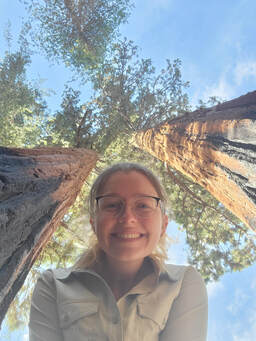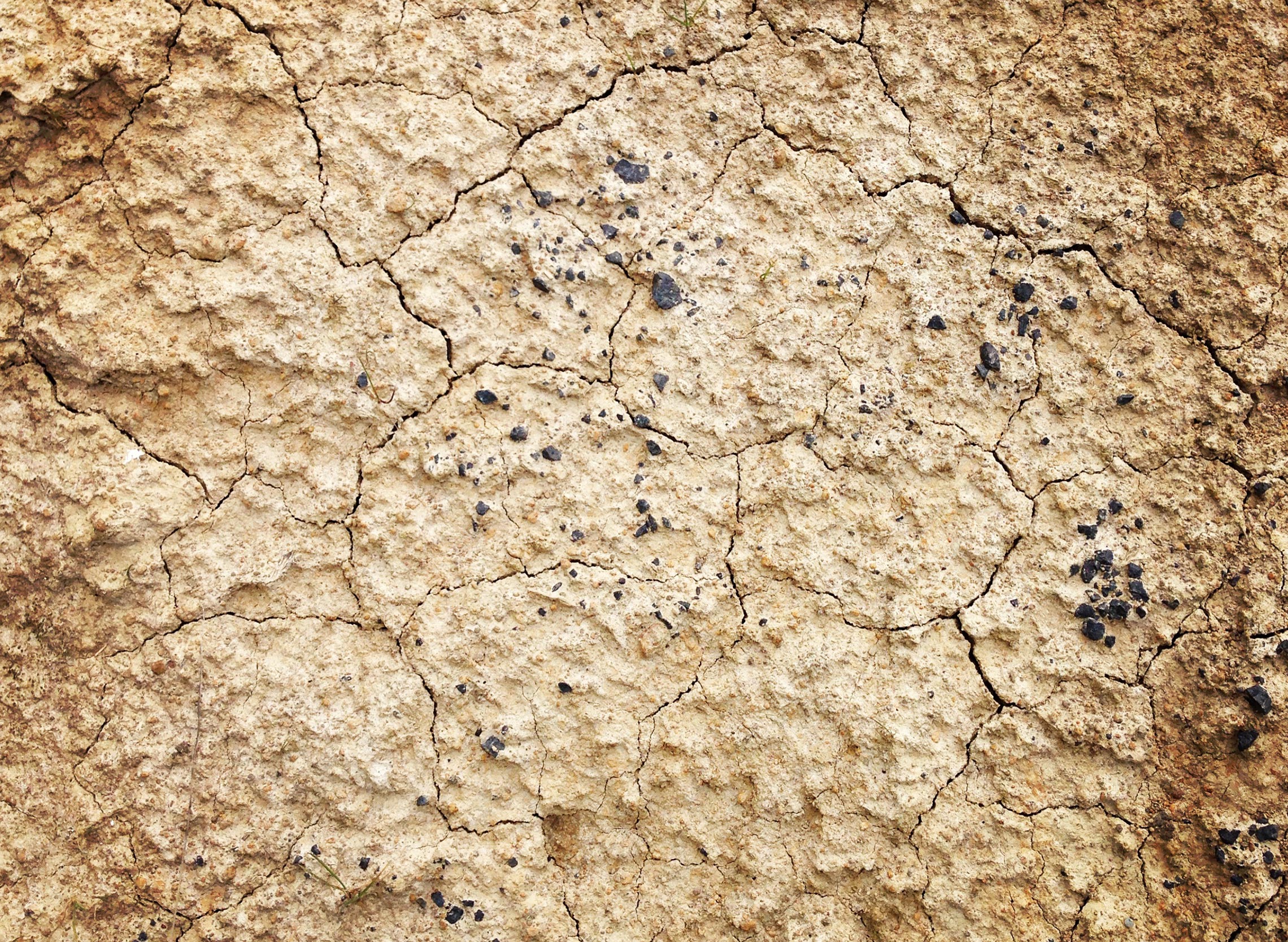Two graduate students from WALII labs, Kara Hunter (Sukenik Lab – UC Merced) and Jeff Lotthammer (Holehouse Lab – Washington University in St. Louis) have been awarded Student Research Achievement Awards (SRAA) for their poster presentations at the 2024 Biophysical Society meeting.

Kara Hunter received the award for her poster titled ‘Designing Disordered Proteins for Desiccation Protection.’ In this project, Kara and her collaborators developed a method to parse how the sequence of desiccation-related IDPs dictate function. They used a naturally derived and synthetic library created by GOOSE, a python package, expressed in yeast. Using Next-Generation Sequencing (NGS), they can see what sequences are most abundant post desiccation and confer greater protection.
Beyond advancing our understanding of IDP functionality, their research may uncover novel targets and mechanisms to bolster desiccation resilience in yeast and other organisms.

Jeffrey (Jeff) Lotthammer received the award for presenting a poster on his work combining rational sequence design, large-scale molecular simulations, and deep learning to develop ALBATROSS. ALBATROSS is a deep learning model for predicting ensemble dimensions of IDRs – including the radius of gyration, end-to-end distance, polymer scaling exponent, and ensemble asphericity – directly from sequence.
ALBATROSS enables the instantaneous prediction of ensemble average properties at proteome-wide scale. ALBATROSS is lightweight, easy-to-use, and accessible as both a locally installable software package and a point-and-click style interface in the cloud. Jeff and his collaborators recently published a paper about ALBATROSS in Nature Methods.



Leave a comment